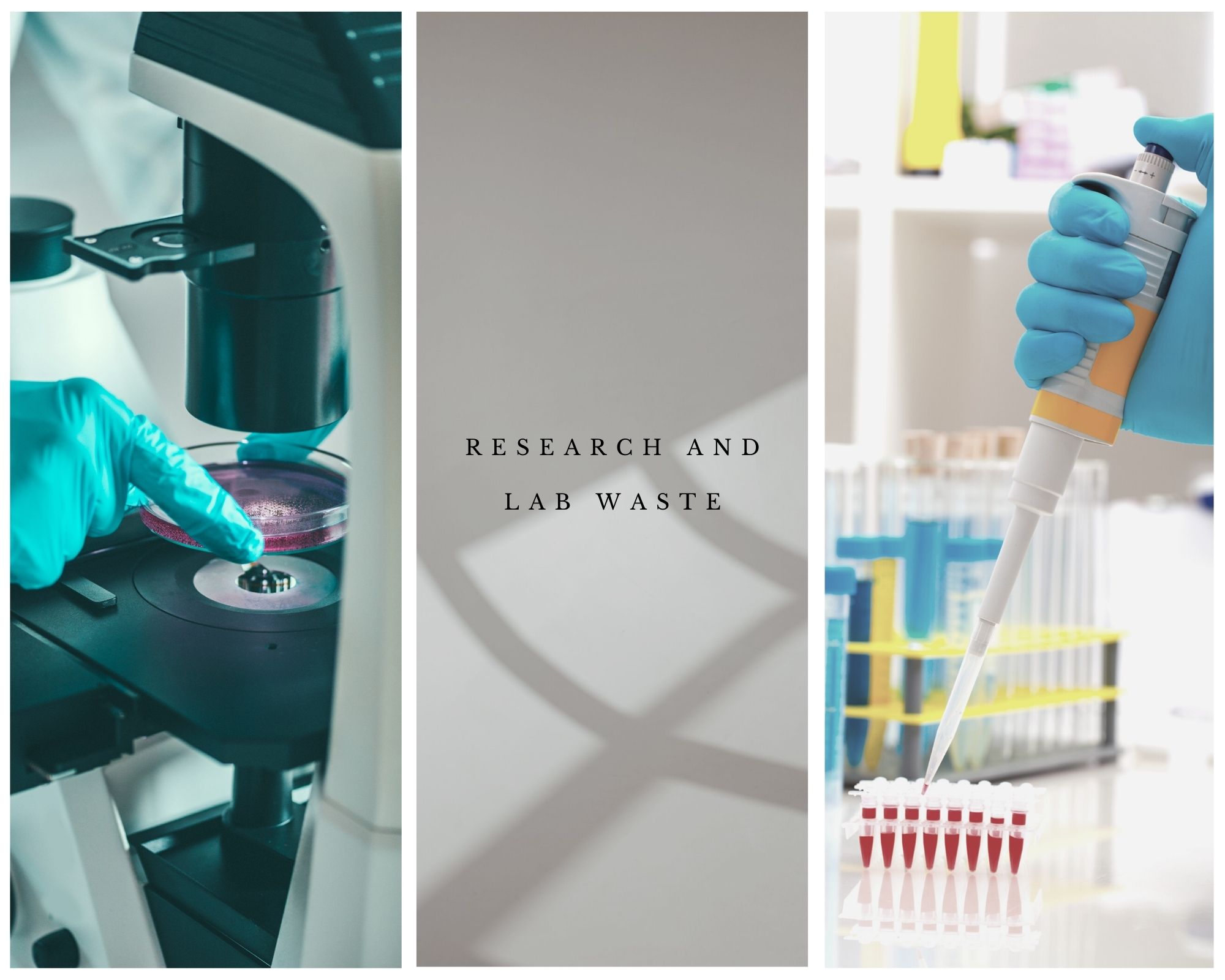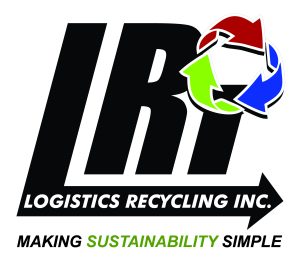Regulated Medical Waste Disposal
MERI, a division of Logistics Recycling, Inc., provides Regulated Medical Waste Disposal for items that contain pathogens, including:
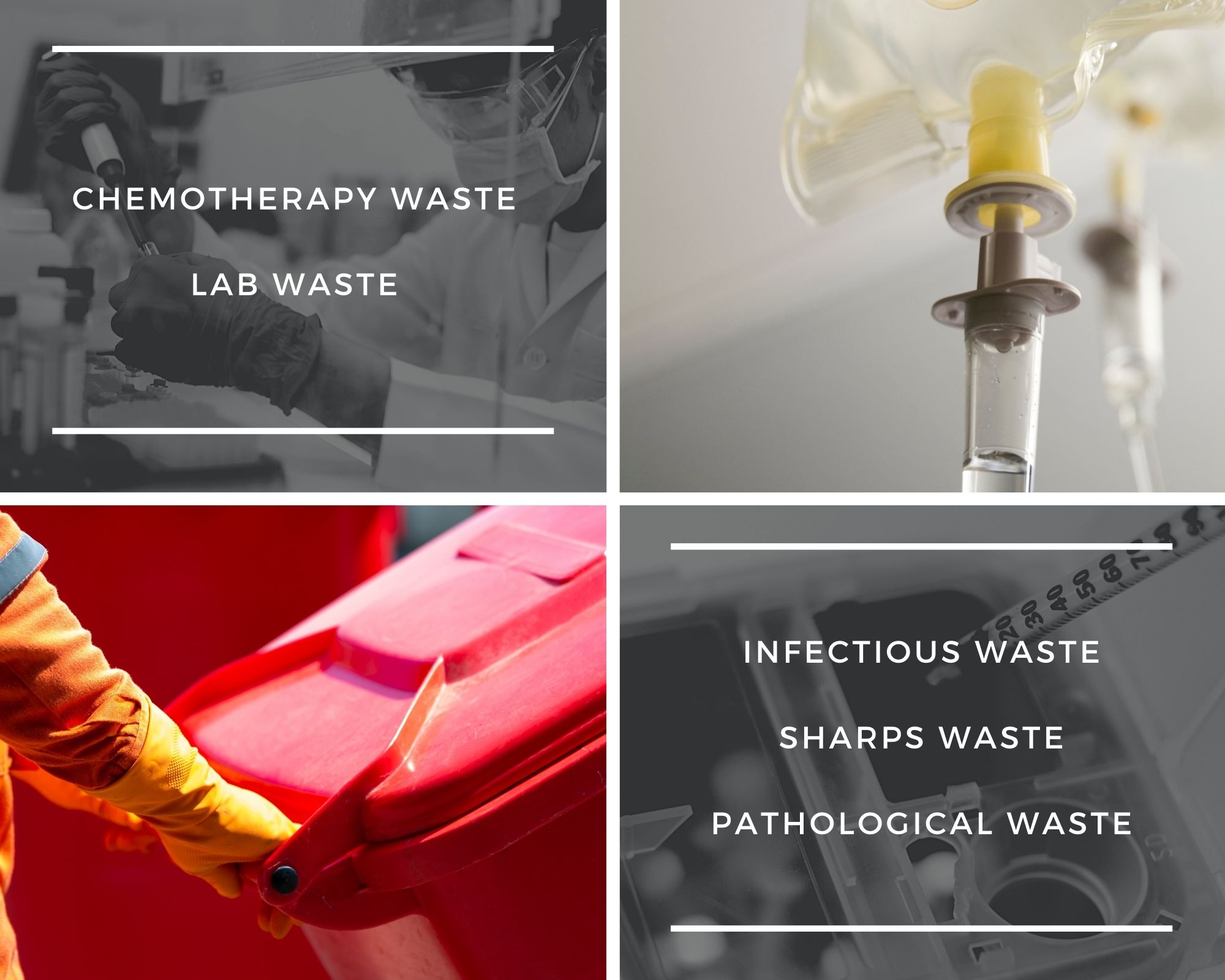
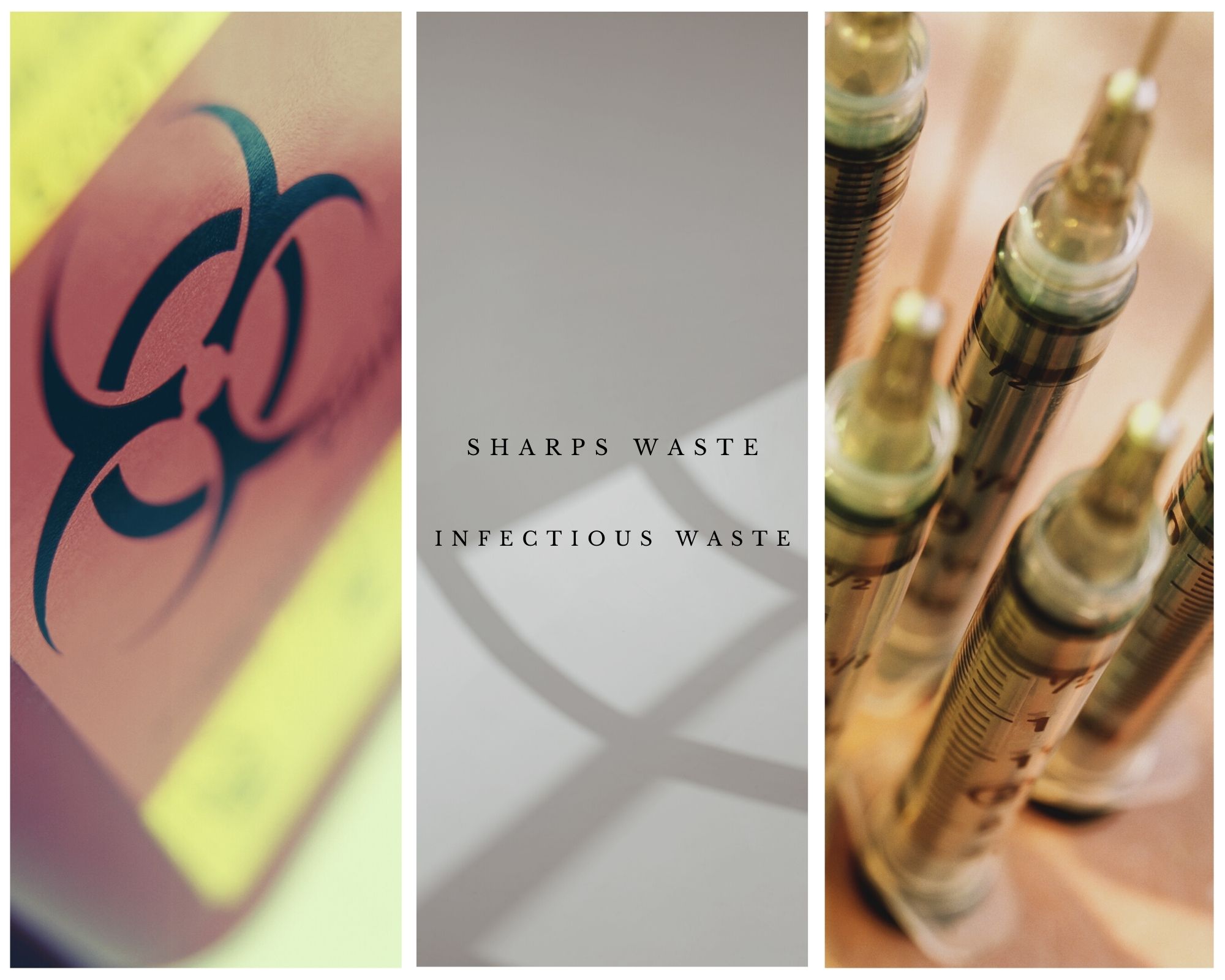
Sharps Waste | Infectious Waste Disposal
Also known as RMW, biohazard, or red bag waste, typical infectious waste items are blood, body fluids, sharps, or other potentially infectious materials (OPIM).
Examples of sharps include:
- Needles
- Lancets (fingerstick devices)
- Syringes
- Auto-Injectors
- Scalpel Blades
- Pipettes
- Discarded Glass or Vials Containing Infectious Agents
Visit our sharps and infectious waste page or our medical waste mailback page for more information.
Chemotherapy Waste Disposal
We collect and properly destroy bulk and trace chemotherapy waste. We collect both bulk and trace chemotherapy and offer a mailback option for trace chemotherapy waste. Our trace chemotherapy mailback kits are used by home infusion pharmacies and traveling nurses who provide in-home cancer treatment care.
Click here to learn more about the difference between trace and bulk chemo.
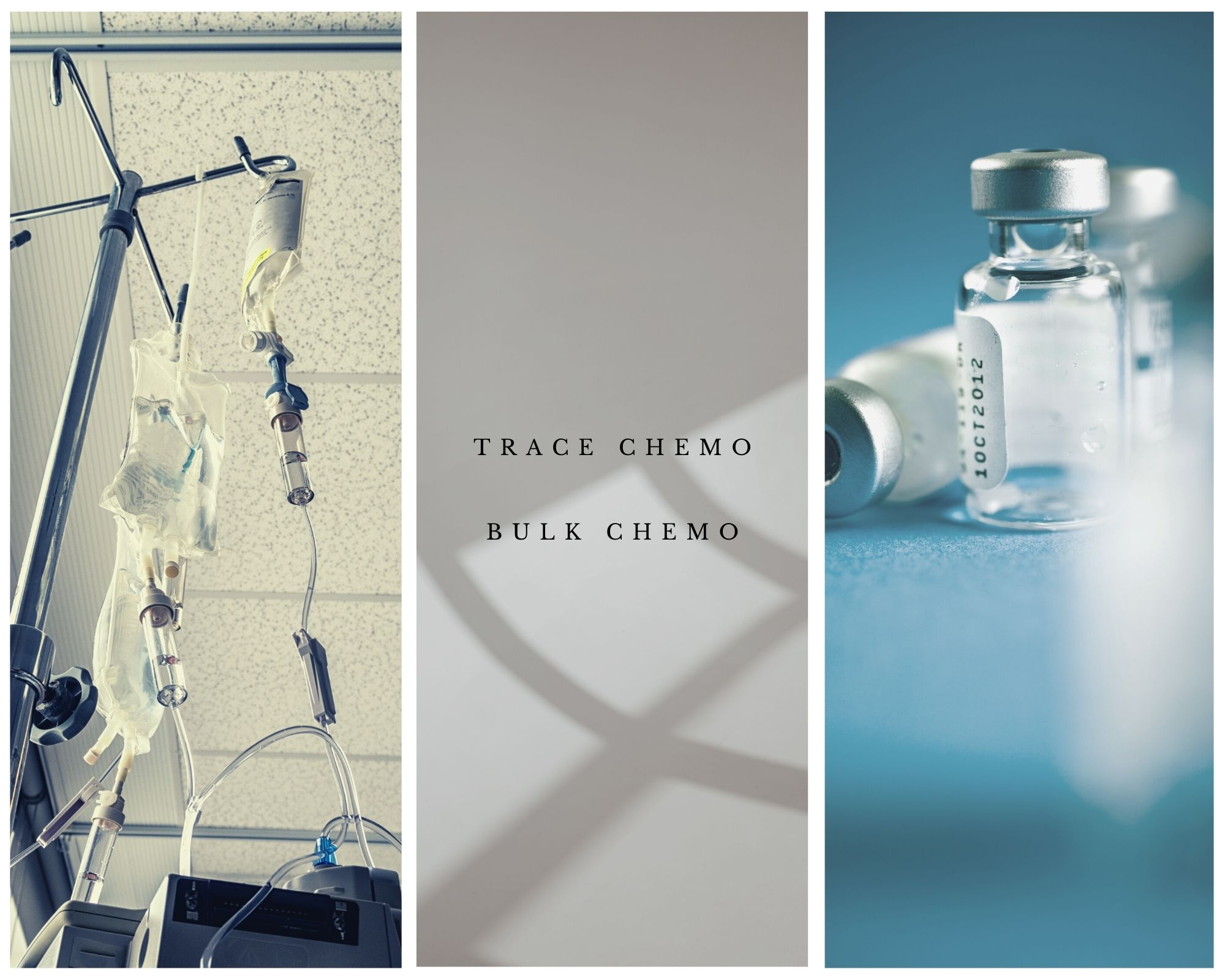
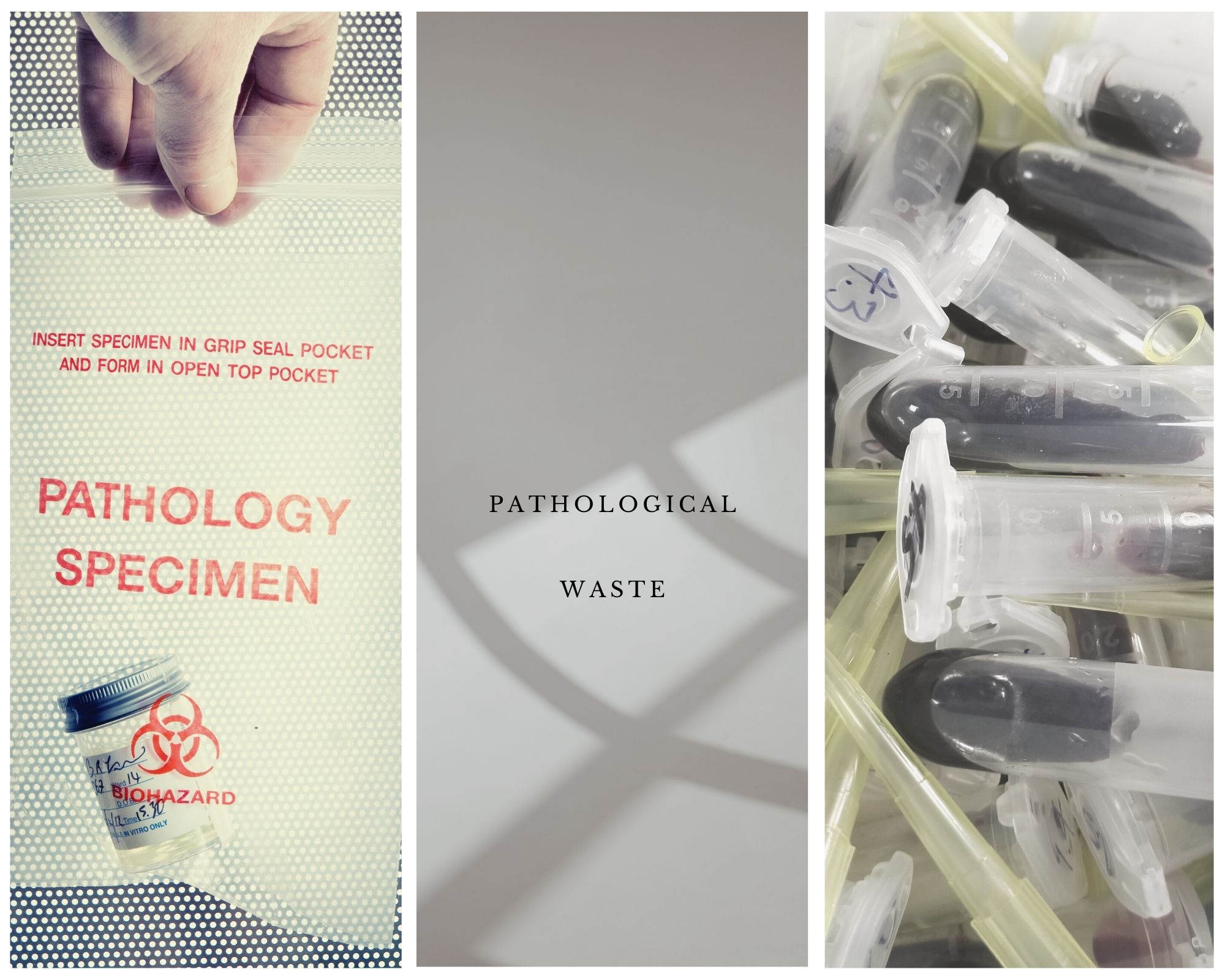
Pathological Waste Disposal
We dispose of pathology waste for clinics, research facilities, morgues, funeral homes, and farms. Examples of pathological waste are human and or animal tissue or body parts.
Click here to learn more about our pathology waste disposal solutions.
Biotech Research Waste Disposal
We collect biohazard waste from many biotechs, labs, research, industrial, and manufacturing facilities. Some of the typical waste we treat and dispose of for research facilities include:
- Sharps
- Pipettes
- Specimens
- Chemicals
- Pathogens
MERI, a division of Logistics Recycling, Inc., can also serve as a backup for your facility when your autoclave is down for repair.
Click here to learn how we help dispose of biohazard research waste.
